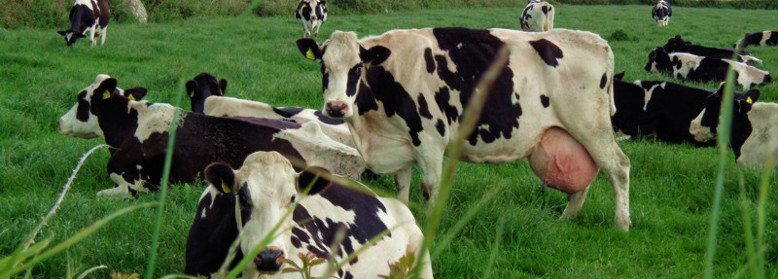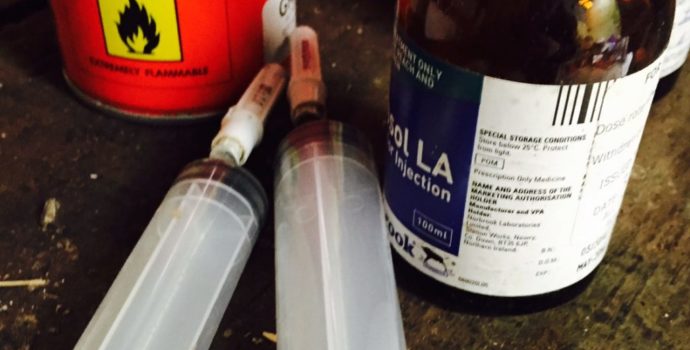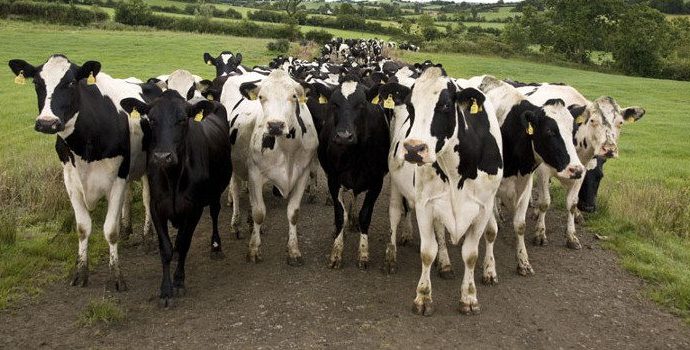Dairy Farmers Have Had Enough

Speaking after yesterday’s (Tuesday) meeting of the IFA National Dairy Committee, IFA President Eddie Downey said dairy farmers had taken enough, and further milk price cuts would leave them in a serious loss-making situation. He urged co-op board members, who will be meeting in coming days to hold the June milk price, and to turn their attentions to internal efficiencies and improved selling by fully leveraging the resources of Ornua’s Kerrygold and Bord Bia’s Origin Green.
“The message from the National Dairy Committee yesterday was very clear: co-ops cannot bank on farmers producing milk without a margin, and IFA is urging co-ops to look to internal efficiencies, consolidation and, if necessary, lower margins to offset lower market returns,” Mr Downey said.
IFA National Dairy Committee Chairman Sean O’Leary added: “At the Moorepark Open Day last week, it was clear that dairy farmers remained positive for the long term, but were concerned about the absolute need for sustained profitability. Milk prices have fallen 11c/l in the last 13 months. From peak to today, that’s a 28% cut in prices, but over 78% cut in margin. Farmers simply cannot take any further milk price cuts”.
“Teagasc predicts production costs for 2015 at 25c/l, and this does not include the remuneration of the farmers’ own labour. With May VAT inclusive milk prices of around 28c/l, the average producer margin over costs would amount to just €9,000 over a whole year’s production. There is no way this can remunerate the farmer’s labour and allow for the cash flow challenges of superlevy, tax liabilities and financial or share contributions to their co-op’s investment plans,” he said.
“In recent weeks, both Fonterra Co-op in New Zealand and Friesland Campina Co-op in the Netherlands have announced major cost-cutting programmes, recognising that they had reached the limit of producer price cuts. After a few years of major investment, it is legitimate for Irish farmers to expect that their processing co-ops would be more efficient, and would, in difficult times, refocus on cost cutting and consolidation”.
“Farmers will meet the challenges of the post quota era, but will legitimately expect co-op board members to live up to the co-op ethos in which the farmer does not shoulder alone the burden of poor market returns,” he concluded.




